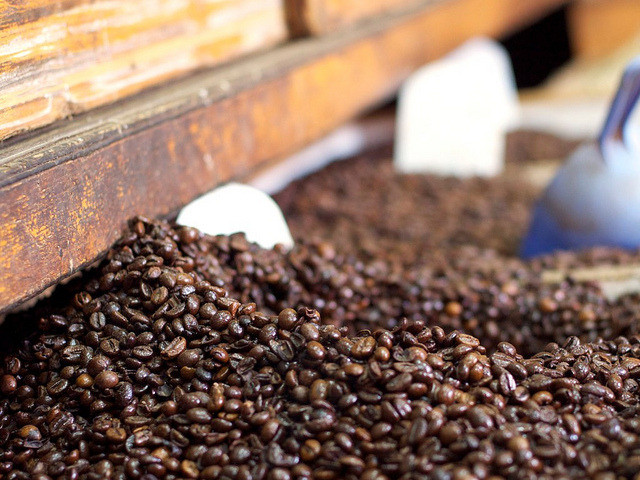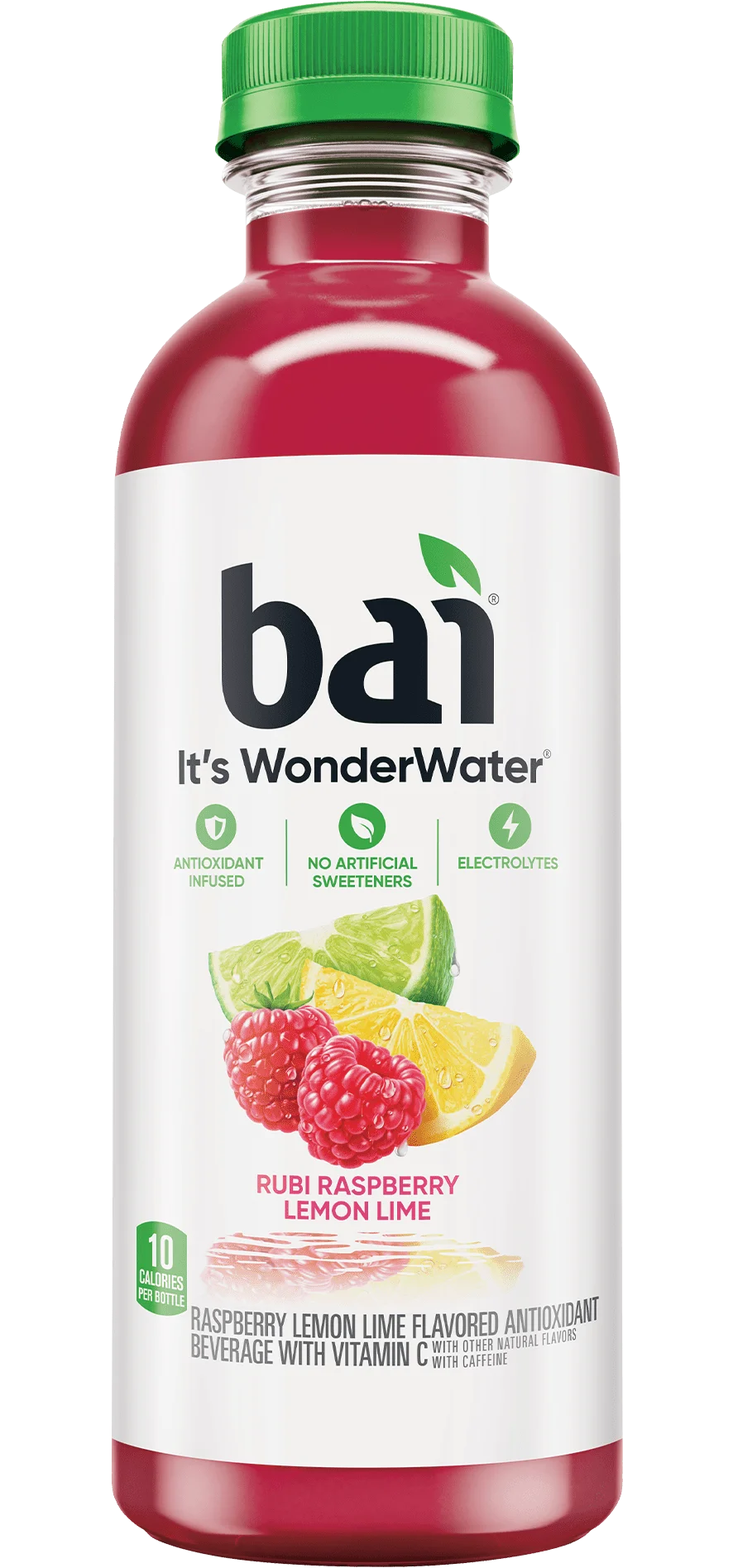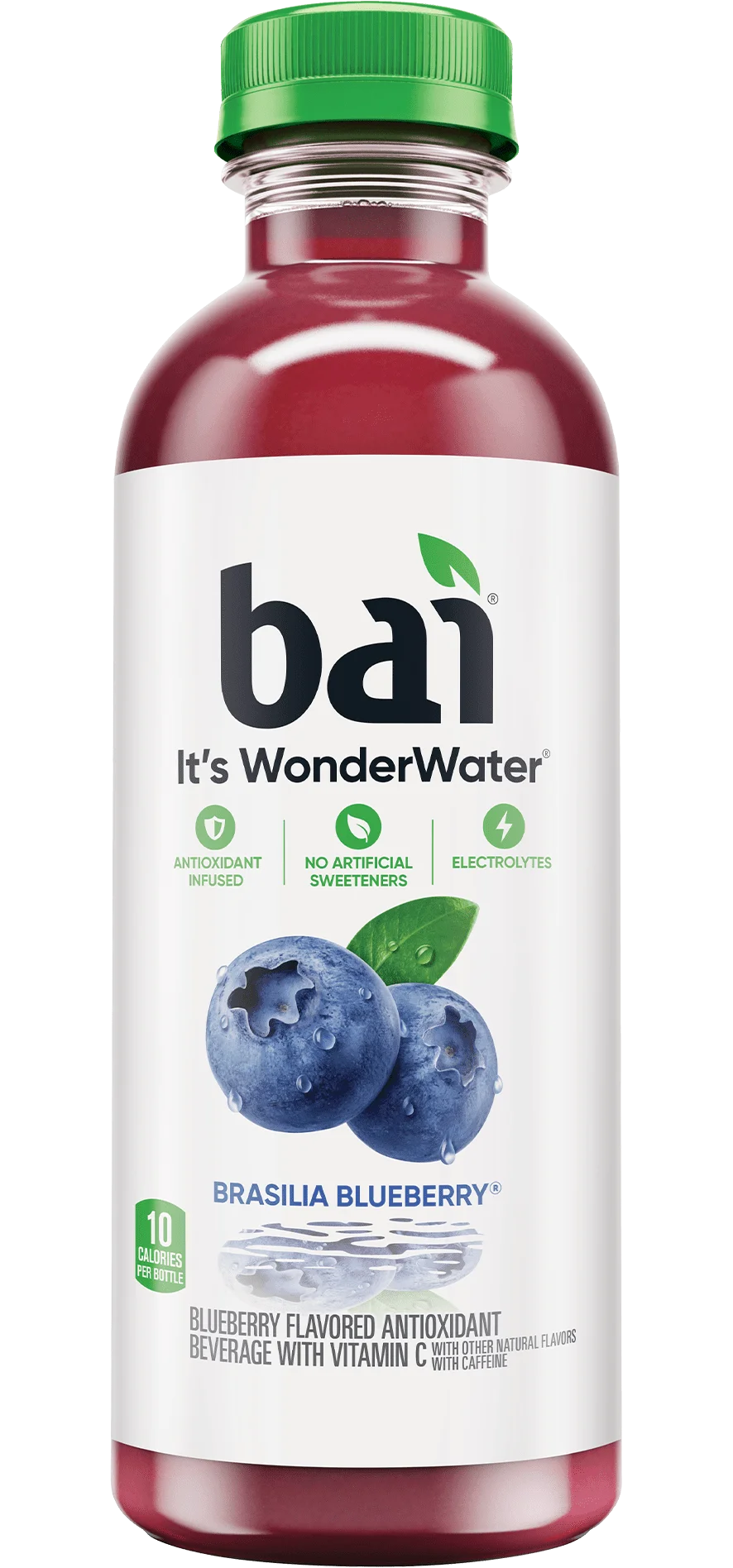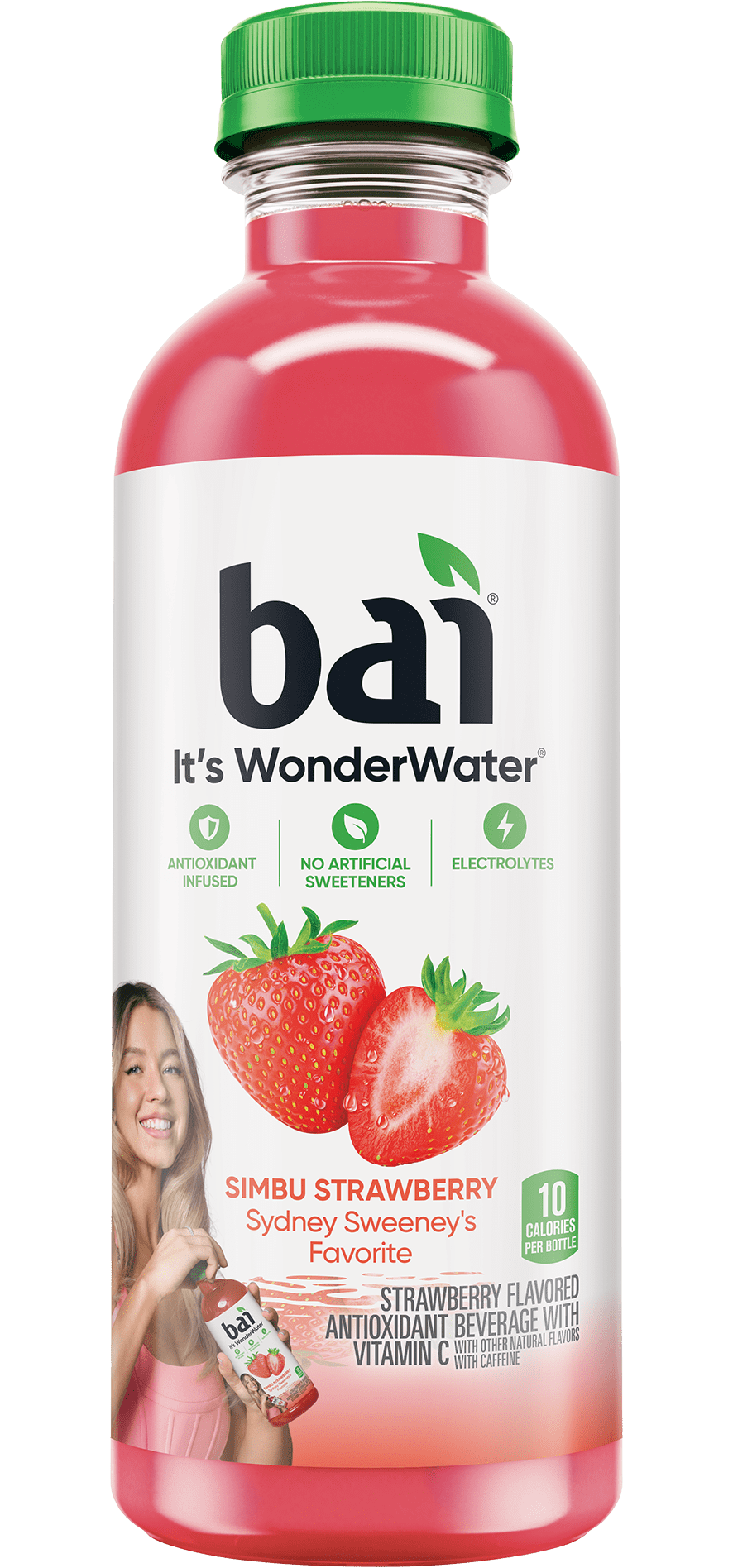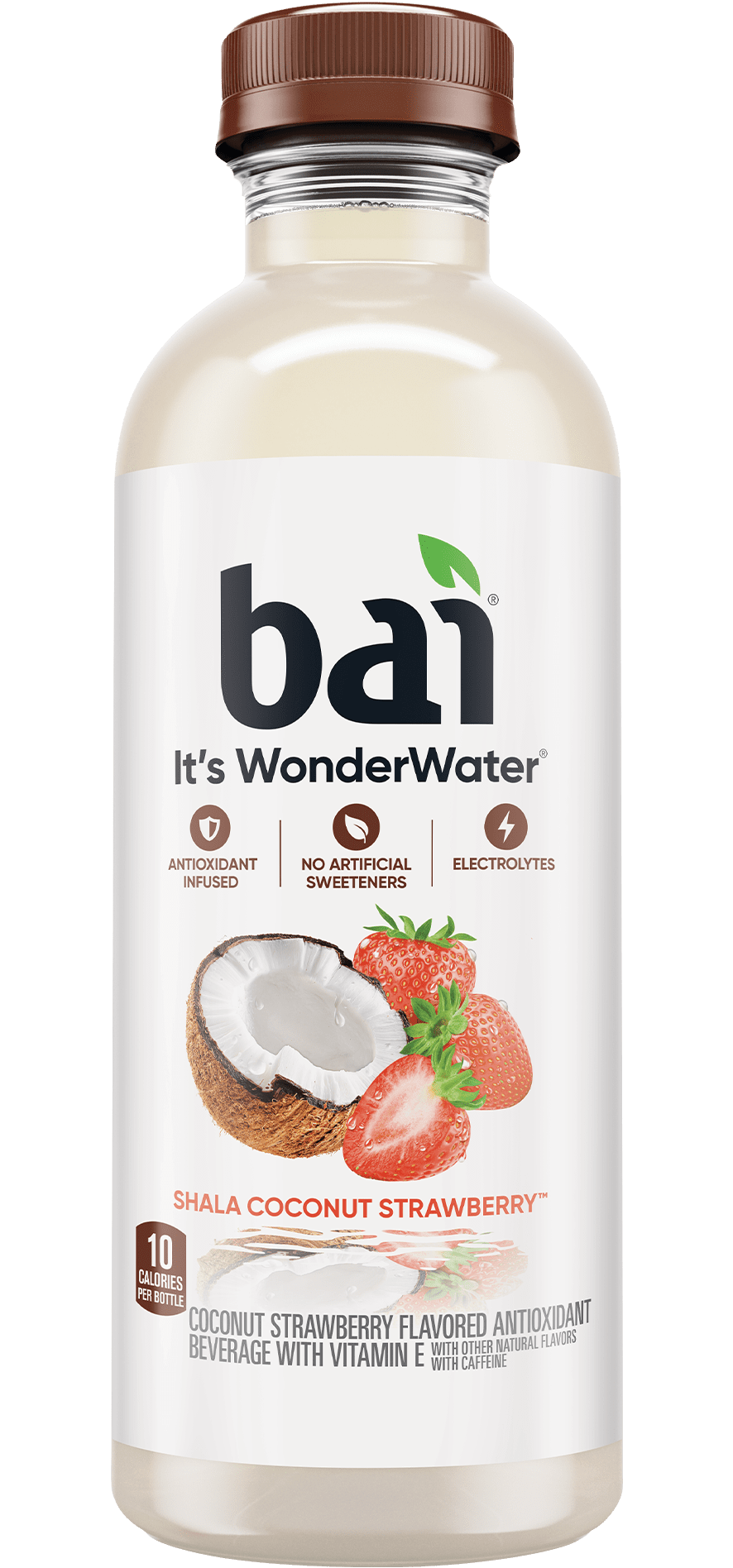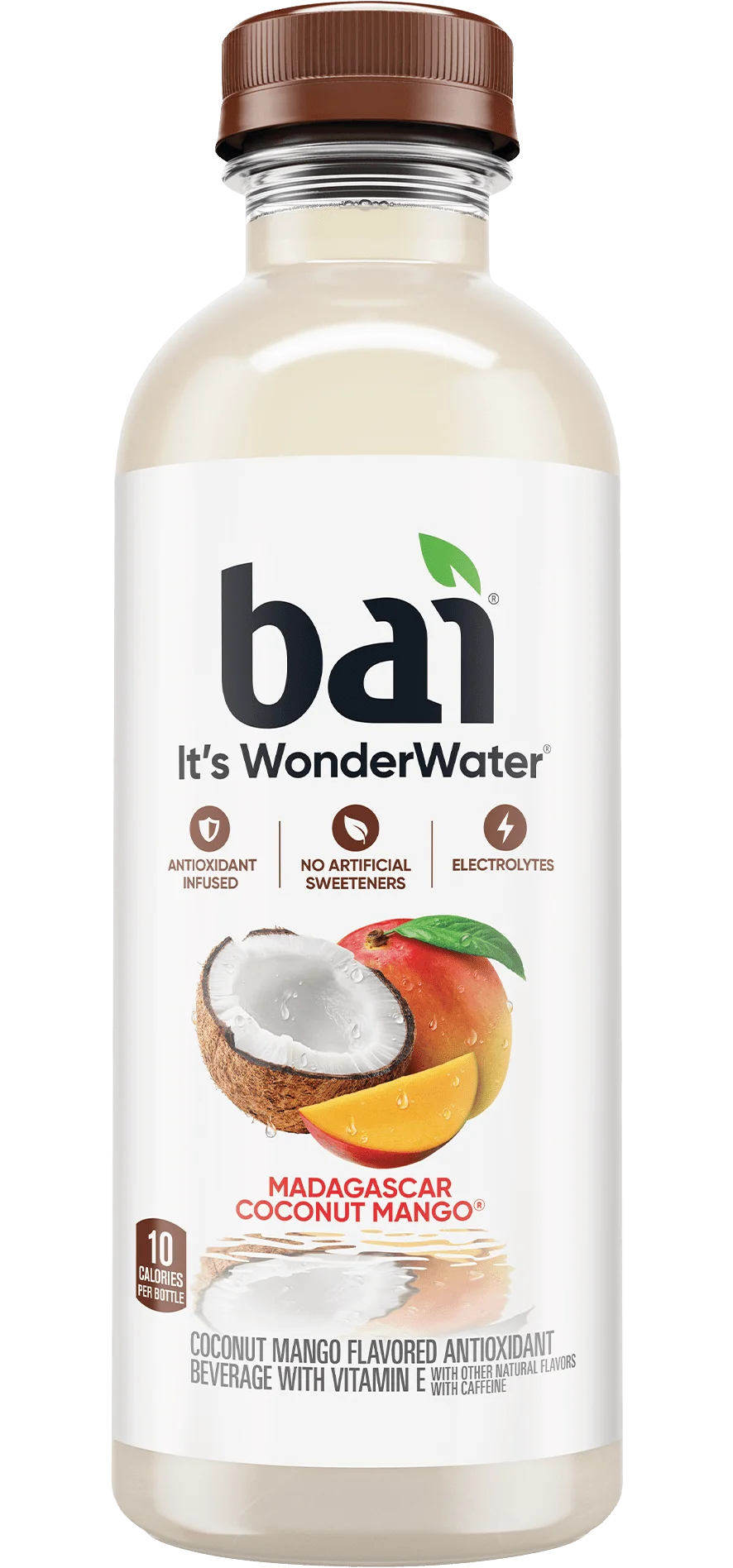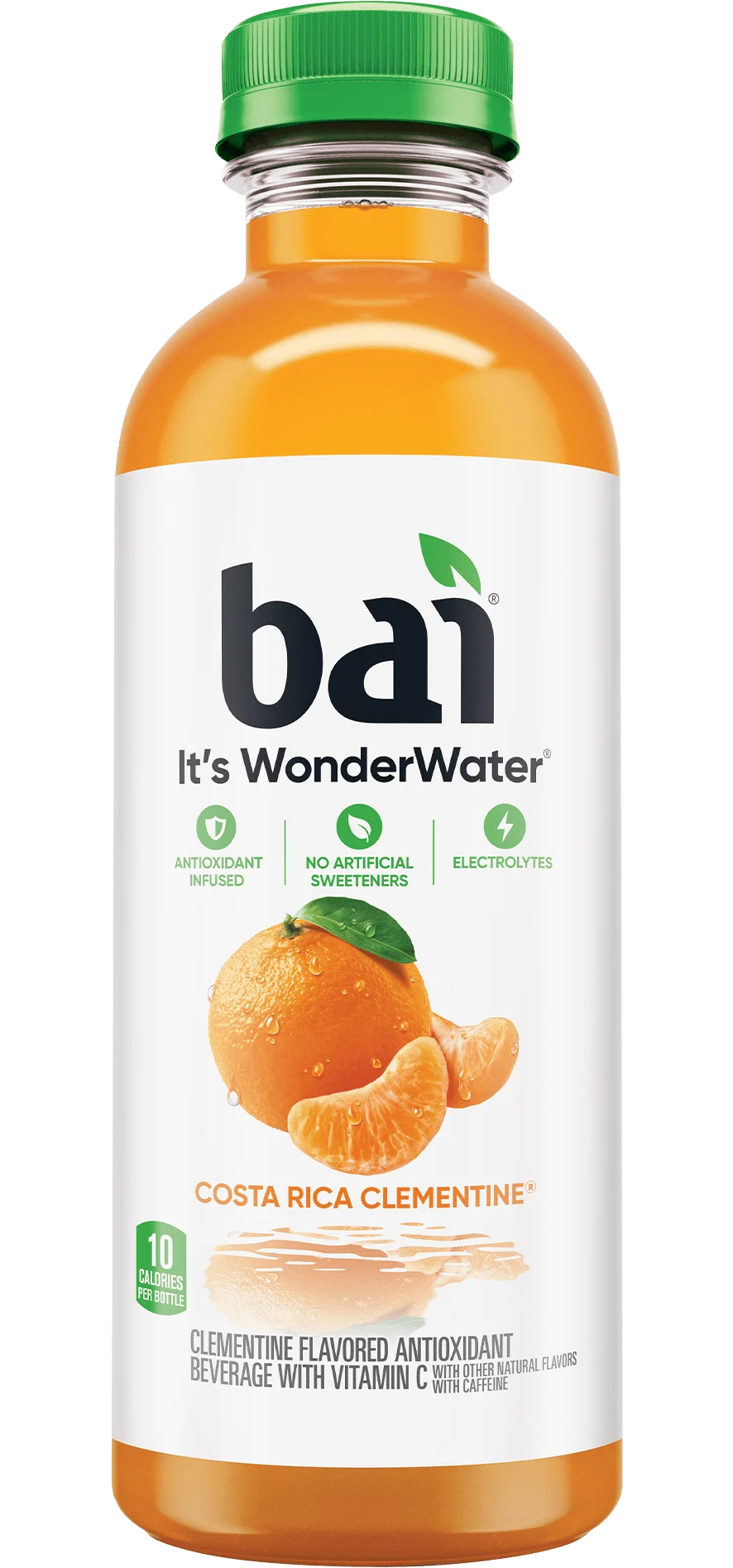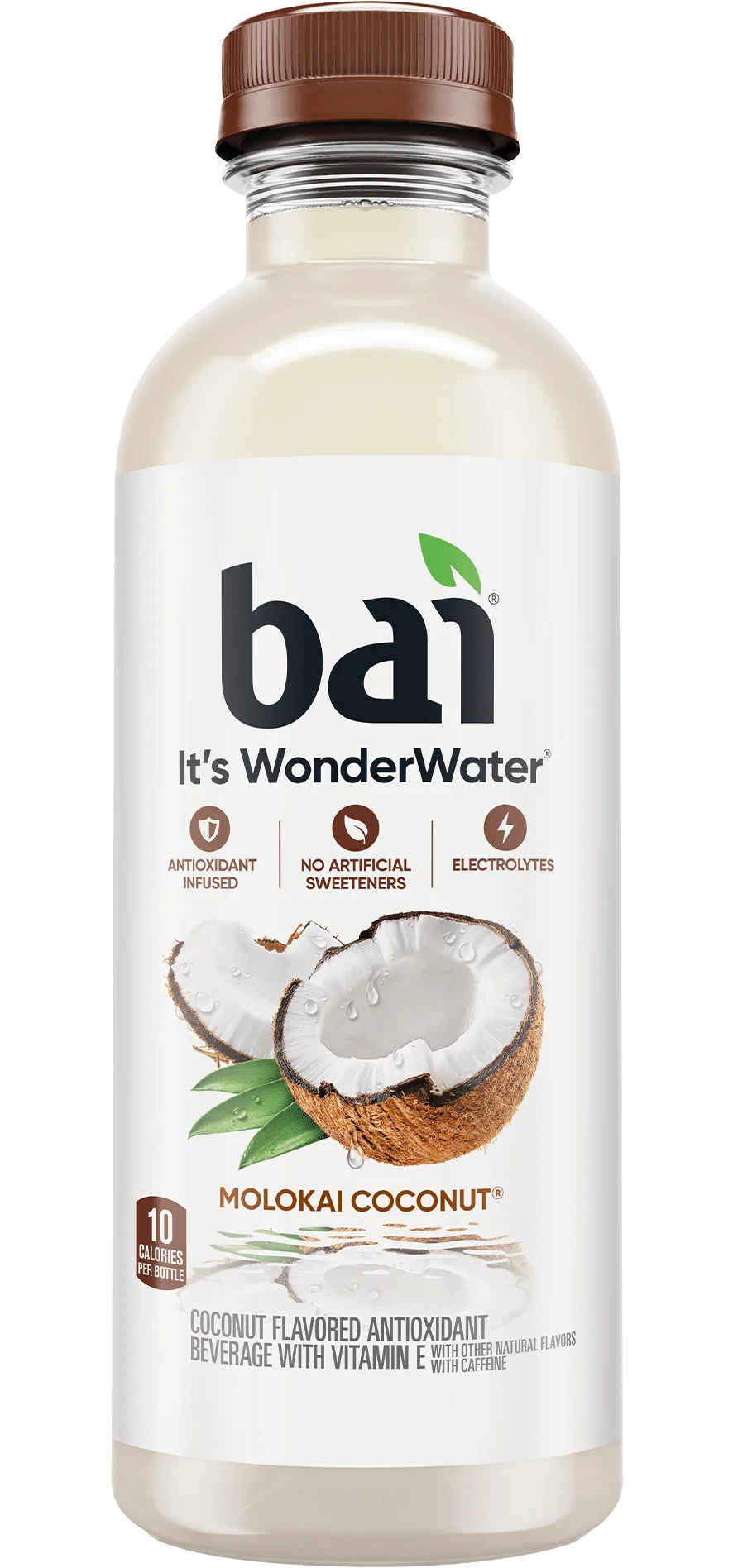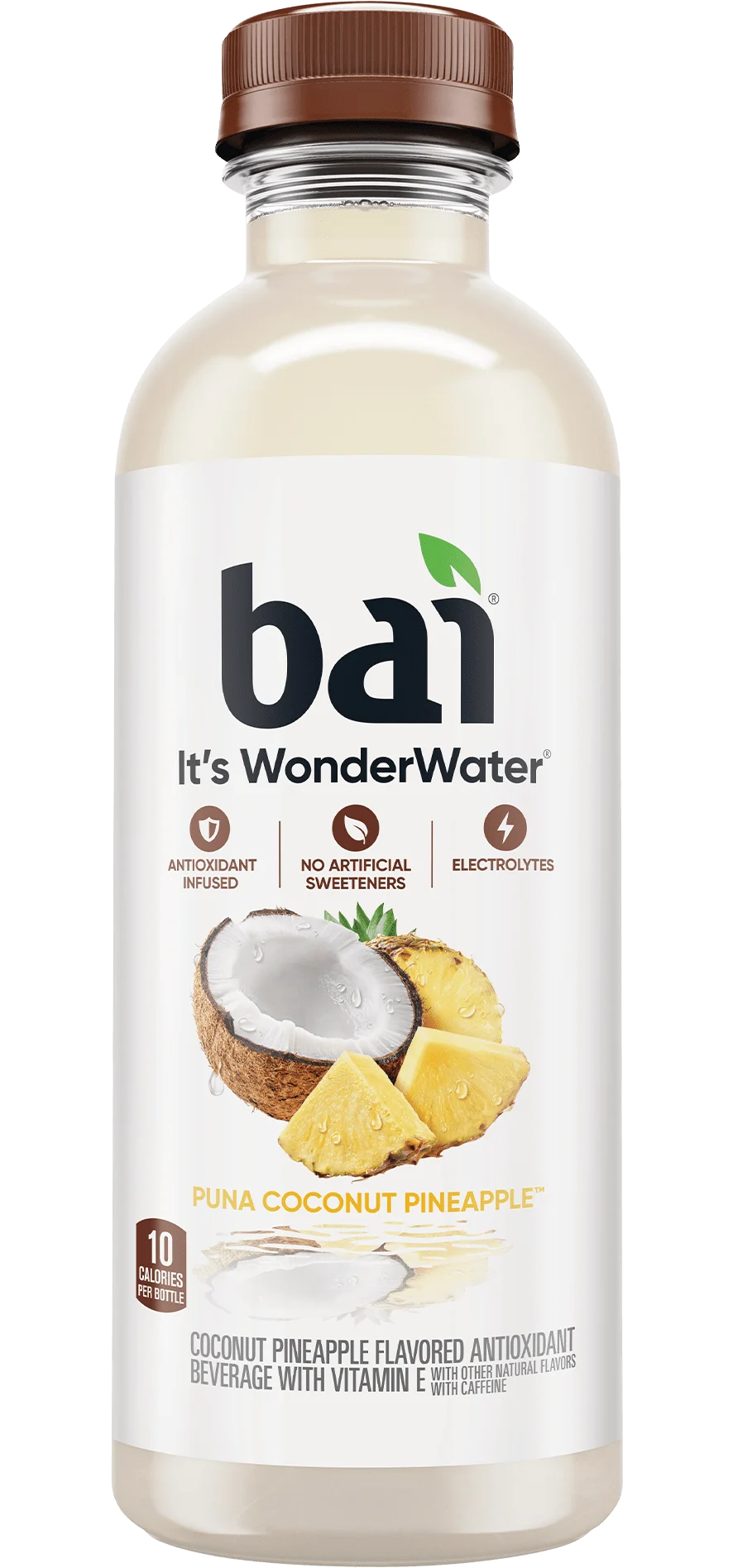Ask two people to list the facts they know about coffee and what you’ll find is truth and rumor swirling in myth. The latest news about coffee, that it’s a good source of hydration, adds even more confusion to a conversation that has been taking place around the world since the plant was first cultivated over a thousand years ago. During that time every aspect of the bean and brew has been debated – its birthplace (Central America, South America or the fields of Kaffa, Ethiopia) it’s nature (a healing elixir or an, “Evil, heathenish liquor.”) and its properties (healing or harmful) have been questioned by both its lovers and detractors, usually over a good strong cup of the stuff.
A recent study has coffee drinkers scanning news items and wondering where the truth about the world’s favorite drink rests. Headlines like, “Coffee Hydrates as Well as Water” take a definitive stance on the subject while a more tentative approach – “Coffee May Hydrate Almost as Well as Water” – seem to hedge bets while casting doubt on yet another round of medical findings that contradict and confuse.
In fact, coffee is hydrating. It’s also dehydrating. But it’s the caffeine in coffee (or in any other caffeinated drink) that’s the culprit.
The water in coffee serves to hydrate your body as well as water alone. You risk dehydration from enjoying your daily java only when you consume large quantities of it – about five cups per day. A that point your caffeine intake brings you into the dehydration danger zone which begins at 500 or more milligrams of caffeine per day. If you are drinking fewer than five cups per day you can rest assured that the water in coffee is replenishing your body with hydration and more than making up for the diuretic effects of caffeine.
The current dialogue about coffee consumption vs. proper hydration was set off on January, 9th of this year when the results of an experiment conducted at the University of Birmingham in the U.K. were released. During that study, 50 male subjects drank either four cups of coffee or four cups of water daily for three consecutive days. The men were then asked to switch roles – coffee drinkers drank four cups of water daily for three days and the water drinkers were asked to consume four cups of coffee for the same length of time. After testing of their blood composition, urine output and total body water after each trial it was discovered that both groups of men were equally hydrated. Great news for coffee lovers!
Does this mean you should drop your bottled water routine in favor of ramping up your Starbucks habit? Only if a study emerges showing that the human body is not made up of 60%-75% water as previously believed but is actually composed of venti iced coffees. Until then, take into account that while coffee is hydrating it can also cause jitters and interrupt sleep if you are sensitive to caffeine. In excess, coffee can cause an increase in blood pressure and heart rate, increase anxiety levels and contribute to irritability.
You can ensure your body stays optimally hydrated by adding nutrient-rich sources of hydration to your diet when you’re tired of water but you’ve reached your maximum “dosage” of coffee. Watermelon, oranges, grapefruit, melons, celery, cucumbers and romaine lettuce are delicious options. Skip thirsty and stay hydrated, my friends!

